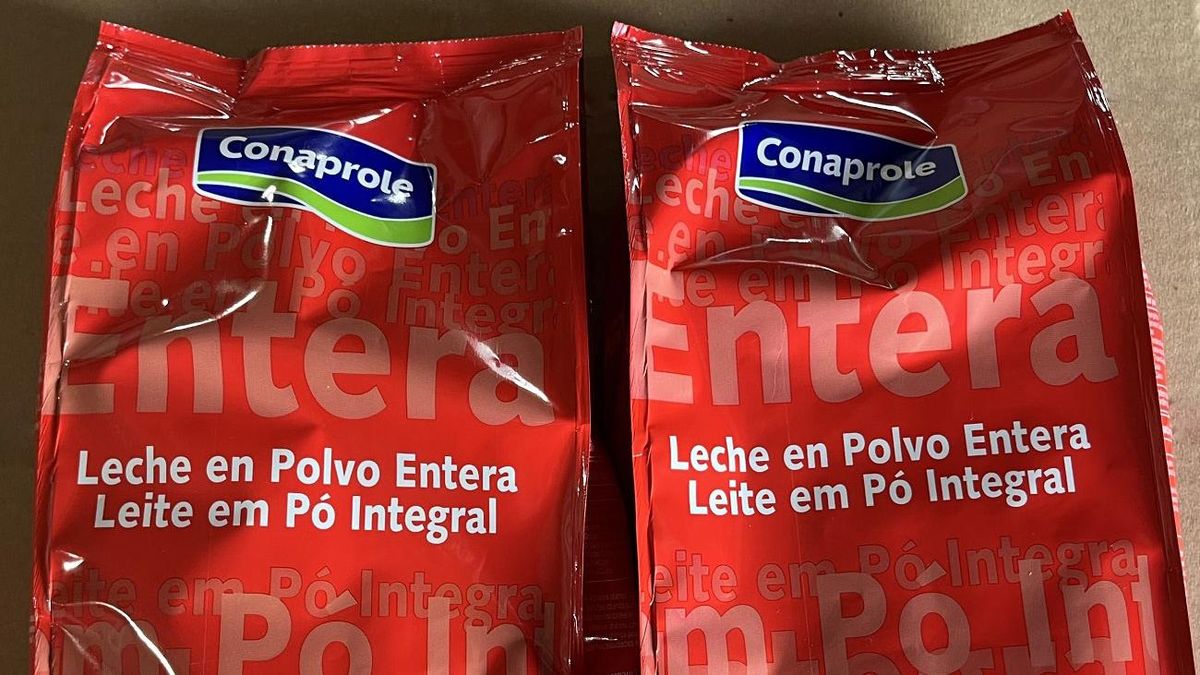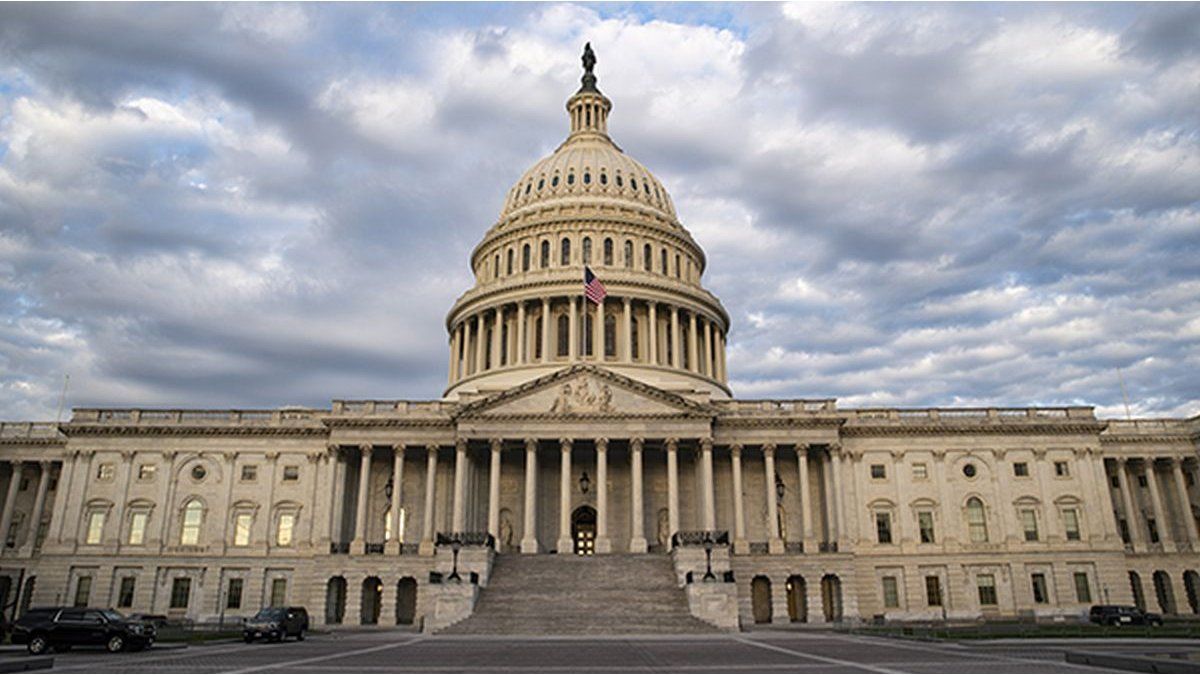The northern country approved the removal of tax benefits from companies that import milk, and there is concern about the impact it may have on Uruguayan exports.
Brazil approved the removal of tax benefit to companies that work with imported milk, a measure that worried—and worries—the milk sector of Uruguay due to the impact it may have on local placements in an important market.
The content you want to access is exclusive to subscribers.
Finally, and after several previous speculations that were carried out during the last part of the year, the Agriculture, Livestock Commission, Supply and Rural Development of the Chamber of Deputies of Brazil Towards the end of 2023, the bill was approved that prohibits the granting of tax benefits to companies that use imported milk and dairy products to produce their own products.


This measure, nucleated within the More Leite Saudável Program (PMLS) of the Ministry of Agriculture and Livestock (MAPA), had originally been created to encourage the internal competitiveness of the sector; and consisted of the use of up to 50% of the alleged PIS and Cofins credits in relation to the purchase of milk to reduce other federal taxes. However, and in response to the demand of the Confederation of Agriculture and Livestock of Brazil (CNA) and the Organization of Brazilian Cooperatives (OCB)this benefit was limited only to establishments that buy from national producers.
What can happen in Uruguay?
As explained Valter Galan, partner of Agripoint Consulting, to Radio Rural, the measure will come into force in February, although its effect was immediately approved by the law, while companies increased their import volumes to anticipate the measure of the Brazilian government.
“Many of the companies that import milk are Argentine or Uruguayan companies established in Brazil or multinational Brazilian companies that use powdered milk for chocolates, cookies, ice cream and do not buy milk from direct farmers,” he explained. In that sense, the new tax measure mainly affects companies that use fresh milk in its production.
Based on Galán’s estimates, the dairy imports from Brazil They will fall 3% in 2024 compared to 2023, but they will remain competitive; at the same time that the milk powder will continue to be a product of interest for the neighboring country. Therefore, there would be no major cause for concern for Uruguayan producers.
During 2023, Brazil increased dairy imports by 50% since Uruguay, according to the survey of the National Milk Institute (inal)compared to 2022. This meant a total of 1.3 billion dollars, in which whole milk powder, skim milk powder and cheeses stood out mainly.
Uruguay is the main supplier of whole milk powder in the northern country, representing 47% of that country’s market. As for the skim version, it occupies second place, with 28% of the market share.
Source: Ambito




